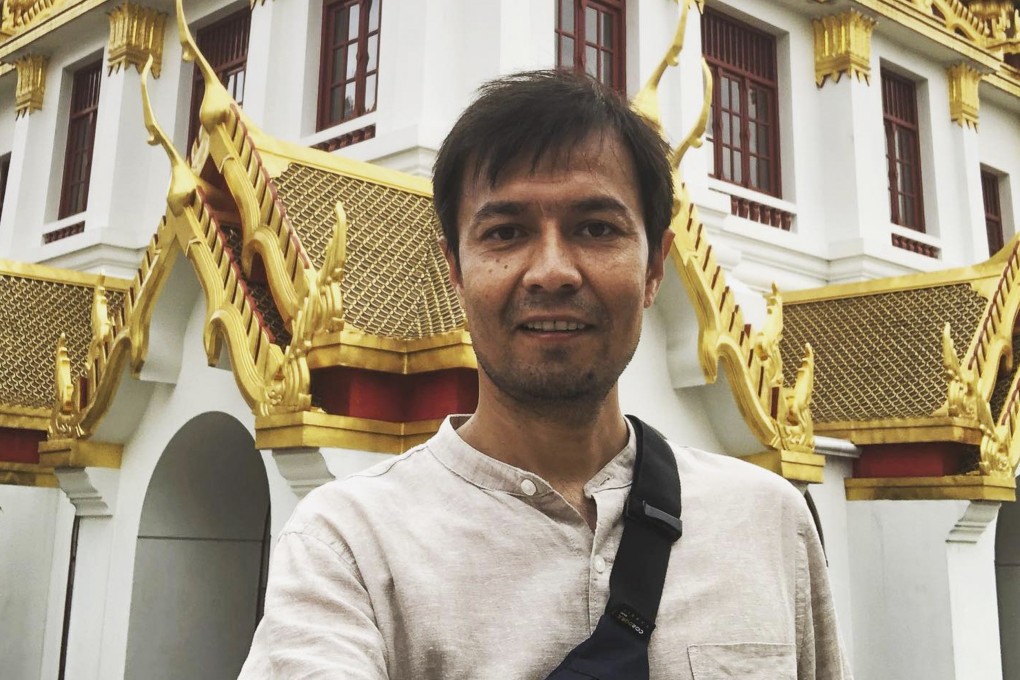Editorial | Amnesty should have tried to get facts right on ‘missing’ Uygur student
- False report on a Uygur student having gone missing in Hong Kong shows politics and ideology cannot be allowed to get in the way of truth

Fact has always been paramount. But in the age of the internet and social media it has never been more important in informing public discourse and countering the harm that can be done by misinformation.
So facts are worth establishing and checking. In that respect Amnesty International, a respected human rights organisation, has neither done enough for its own reputation nor done justice to Hong Kong in the way it handled a false report raising concerns about an individual’s human rights.
Amnesty has admitted that a Uygur student it reported as “missing in Hong Kong” after arriving at the airport from South Korea – a claim rejected as groundless at the time by the government – did not even travel to the city.
The report claimed involvement in his disappearance by the Hong Kong and mainland authorities.
Without an apology for its mistake or expression of regret, Amnesty has affirmed its commitment to fight for human rights: “We will continue to strive to offer support to people who reach out to us when they believe they or their loved ones are at risk of human rights violations.”
Not surprisingly the Hong Kong government has demanded an apology. Hopefully, this will prompt Amnesty to reflect on the importance of its credibility in advocating for human rights.
